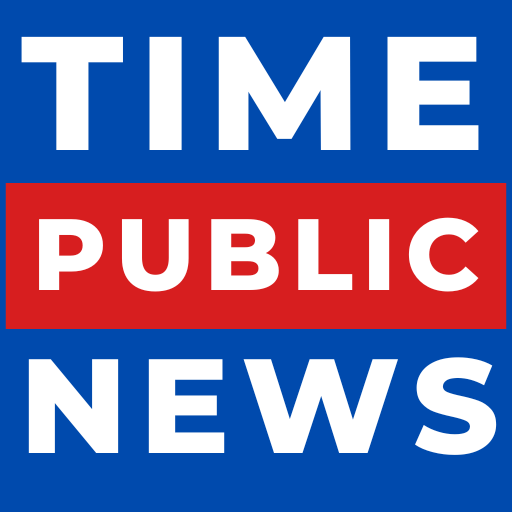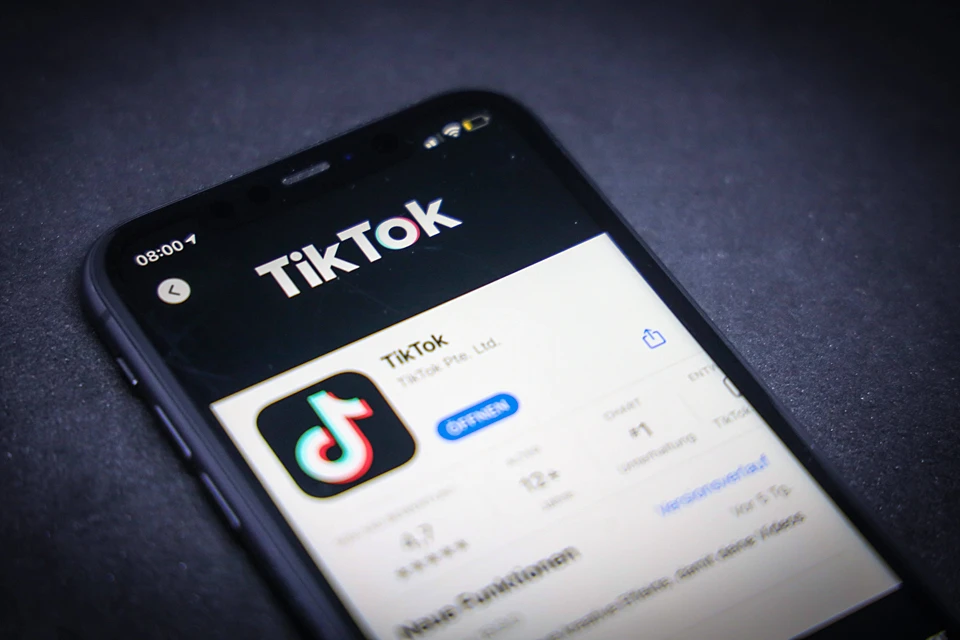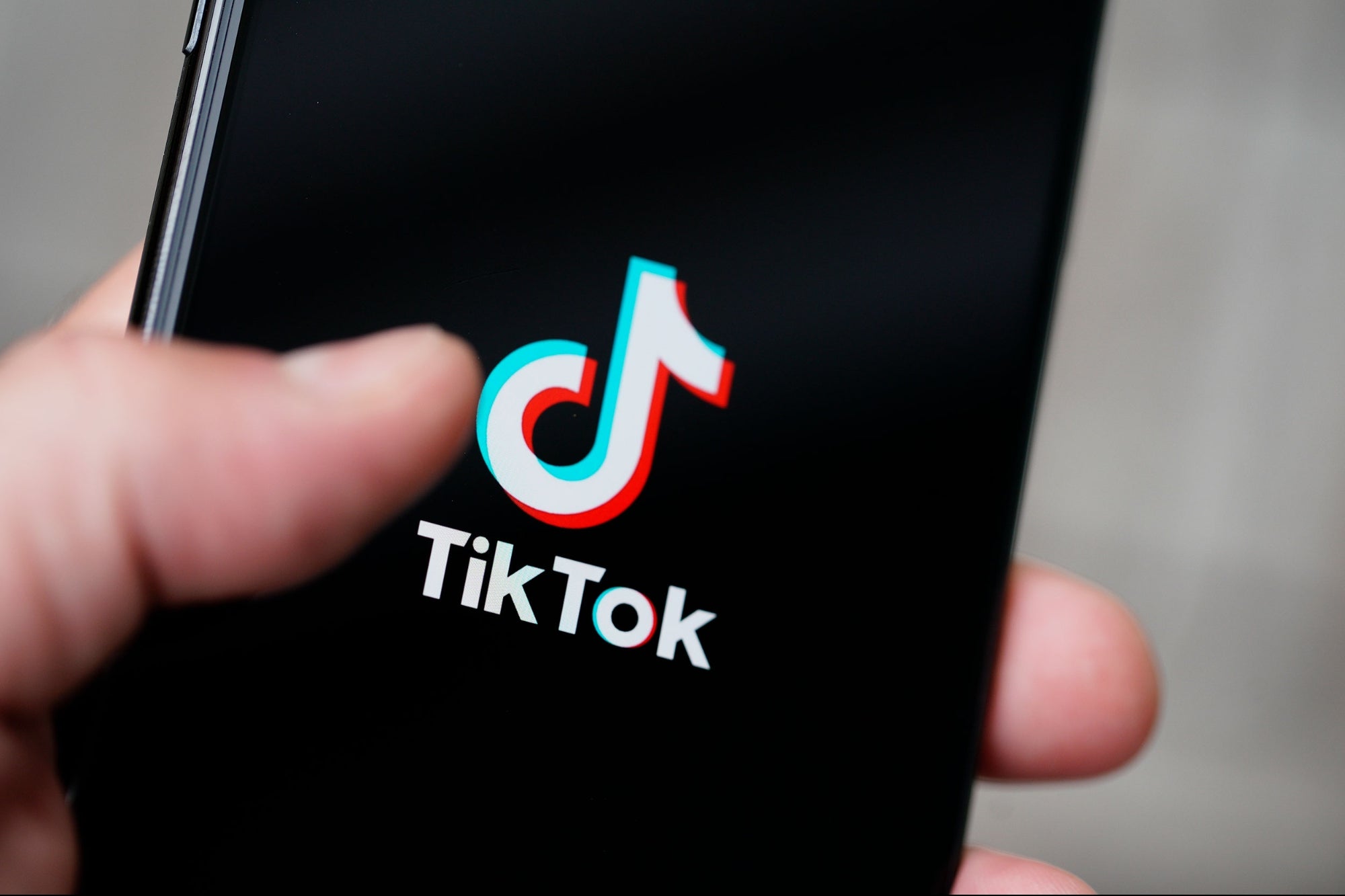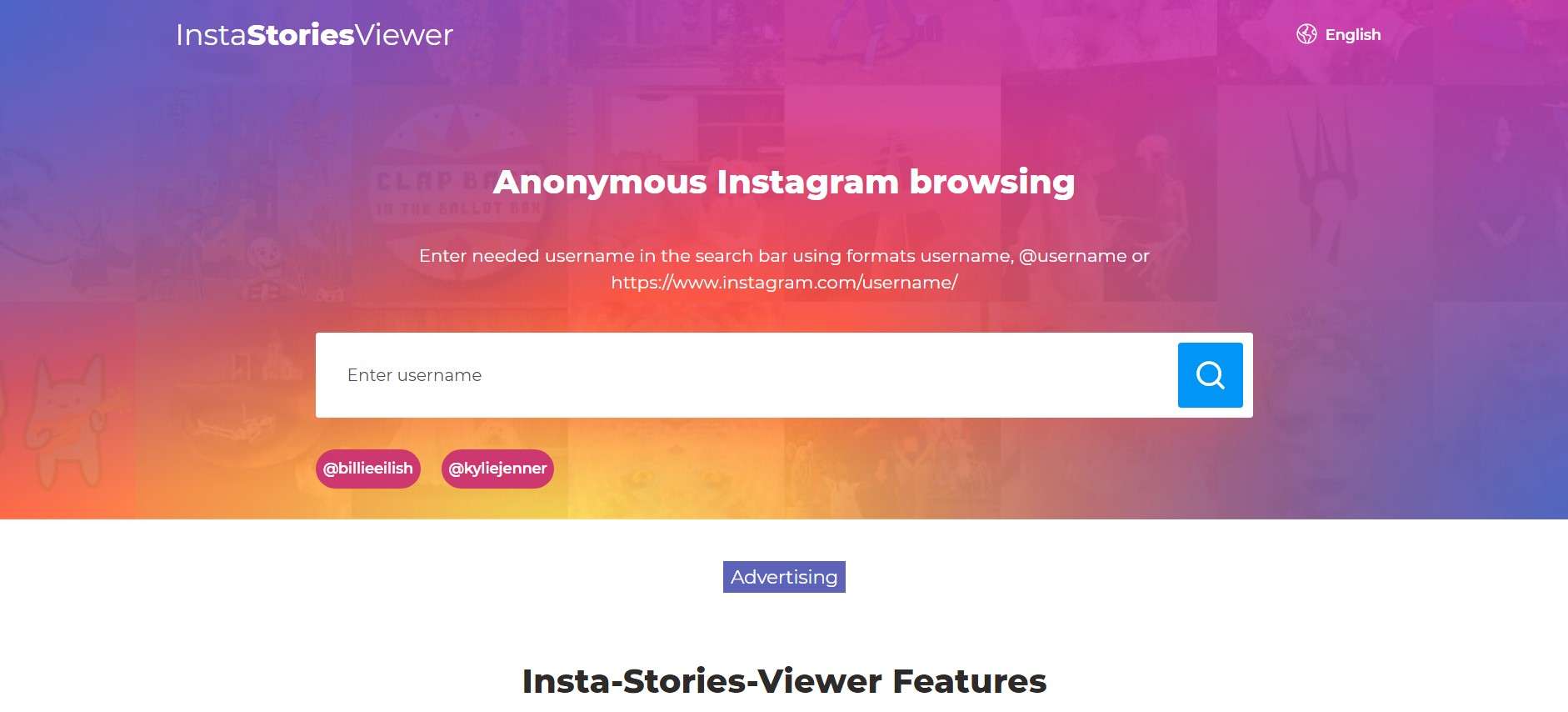Over the past few years, TikTok has evolved from a niche social media platform into a global phenomenon, transforming the way people consume short-form video content. However, despite its popularity and widespread use, TikTok has found itself at the center of controversy, facing bans and scrutiny in multiple countries, most notably in the United States. So, what exactly is behind these bans, and why do some governments view TikTok as a threat?
This article will explore the reasons behind the TikTok bans, the concerns driving them, the countries involved, and what the future might hold for the platform. By understanding the issue’s nuances, users and businesses can better appreciate the complexities of this modern digital battleground.
What is TikTok?
Before diving into the reasons for the ban, it’s essential to understand what TikTok is and how it works. TikTok is a social media platform that allows users to create, share, and discover short videos, typically set to music or trending audio clips. Launched by the Chinese company ByteDance in 2016, TikTok quickly gained momentum, especially among younger audiences.
The app’s unique algorithm, which curates a personalized “For You” page based on user behavior and interests, sets it apart from other platforms. This algorithm has been a key factor in TikTok’s explosive growth, making it one of the most downloaded apps worldwide.
By 2023, TikTok had over 1 billion active users, making it a cultural and digital powerhouse. However, its success has been accompanied by growing concerns related to data security, misinformation, and national security.
The Core Reasons Behind the TikTok Ban
1. Data Privacy and Security Concerns
One of the primary reasons cited for potential TikTok bans revolves around data privacy. Governments, particularly in the United States, have expressed concerns that TikTok’s parent company, ByteDance, could be compelled to share user data with the Chinese government.
Given that ByteDance is a China-based company, critics argue that the Chinese government’s data collection laws could be used to access TikTok’s user data. This concern has been amplified by China’s 2017 National Intelligence Law, which mandates that Chinese companies cooperate with state intelligence work.
While TikTok has repeatedly denied sharing data with the Chinese government and has taken measures to store data outside of China—such as in the United States and Singapore—skepticism remains.
In 2022, TikTok acknowledged that some employees in China could access U.S. user data under certain conditions. This revelation fueled fears that sensitive information could fall into the wrong hands, particularly when it involves personal data, location tracking, and biometric data.
2. National Security Concerns
Tied closely to the data privacy issue is the overarching concern for national security. Governments worry that TikTok could be used as a tool for espionage or influence campaigns. The fear is that data collected through the app could be used to spy on citizens or even government officials.
In the U.S., lawmakers have expressed concerns that TikTok’s access to user data could be exploited to track government personnel or military locations. Additionally, there are fears that the platform could be manipulated to sway public opinion through misinformation or propaganda.
These national security concerns have prompted action at the highest levels. In 2020, former President Donald Trump signed an executive order to ban TikTok unless it was sold to a U.S.-based company. Although the ban was later halted in court, it underscored the urgency of the issue for U.S. policymakers.
3. Influence and Misinformation
Beyond data privacy and security, TikTok has faced criticism for its potential to spread misinformation and influence public opinion. Like other social media platforms, TikTok can be used to disseminate false information quickly, particularly during elections or times of crisis.
Lawmakers fear that foreign adversaries could use TikTok to launch influence campaigns aimed at destabilizing democratic processes. The app’s popularity among younger demographics also raises concerns about the vulnerability of these audiences to propaganda and fake news.
4. Content Moderation Issues
Another reason some governments are wary of TikTok is the platform’s approach to content moderation. There have been allegations that TikTok censors content that is politically sensitive or critical of the Chinese government. For example, videos related to the Hong Kong protests or the treatment of Uyghur Muslims in China have reportedly been suppressed on the platform.
While TikTok has denied these claims, concerns about censorship and lack of transparency in content moderation have led to skepticism. For countries that prioritize free speech and open discourse, these issues raise red flags.
Countries Taking Action Against TikTok
1. The United States
The U.S. has been at the forefront of the effort to ban or restrict TikTok. In addition to former President Trump’s executive order in 2020, the Biden administration has also taken a hard stance on the issue.
In 2023, several U.S. states and federal agencies banned the use of TikTok on government-issued devices. Furthermore, the U.S. Congress has introduced legislation aimed at giving the government more power to ban apps that pose security risks.
2. India
India was one of the first major countries to impose a sweeping ban on TikTok. In June 2020, following border clashes with China, the Indian government banned TikTok along with dozens of other Chinese apps, citing concerns about national security and data privacy.
India’s decision was significant given that it was one of TikTok’s largest markets, with over 200 million users at the time. The ban demonstrated how geopolitical tensions could directly impact the digital economy.
3. European Union
While the European Union (EU) has not imposed a complete ban on TikTok, it has scrutinized the platform closely. The European Commission has banned TikTok on staff devices due to cybersecurity concerns. Additionally, the EU’s strict data protection laws, such as the General Data Protection Regulation (GDPR), mean that TikTok faces potential fines and regulatory action if it fails to comply with privacy standards.
4. Other Countries
Other countries, including Canada and Australia, have also restricted the use of TikTok on government devices. These nations share similar concerns regarding data privacy, security, and influence operations.
TikTok’s Response and Efforts to Mitigate Concerns
In response to these bans and concerns, TikTok has implemented several measures to address privacy and security issues. Some of these initiatives include:
- Project Texas: A plan to move all U.S. user data to servers owned by Oracle, a U.S.-based company. This move aims to reassure U.S. regulators that user data will remain secure and under U.S. jurisdiction.
- Transparency Centers: TikTok has established transparency centers to allow external experts to review its content moderation practices and algorithms.
- Increased Transparency Reports: TikTok has started publishing transparency reports to provide insight into how it handles user data and content moderation.
Despite these efforts, skepticism remains high among lawmakers and security experts.
What Does the Future Hold for TikTok?
The future of TikTok remains uncertain. While the platform continues to grow in popularity, the pressure from governments to address security concerns is unlikely to dissipate. Potential outcomes could include:
- A Forced Sale: TikTok might be forced to sell its U.S. operations to a domestic company to continue operating in the United States.
- Stricter Regulations: Governments may impose stricter regulations on data privacy and content moderation, forcing TikTok to adapt.
- Geopolitical Tensions: The broader relationship between China and other countries will likely influence TikTok’s fate.
Conclusion
The TikTok ban controversy is more than just a debate over a social media app; it is a reflection of the broader issues surrounding data privacy, national security, and international relations in the digital age. As technology continues to advance, balancing innovation with security and ethical concerns will remain a critical challenge.
For now, users should stay informed and mindful of the data they share online, while businesses should prepare for potential disruptions in the social media landscape. TikTok’s journey is far from over, and its impact on global culture and digital security will continue to unfold.






